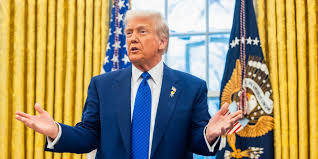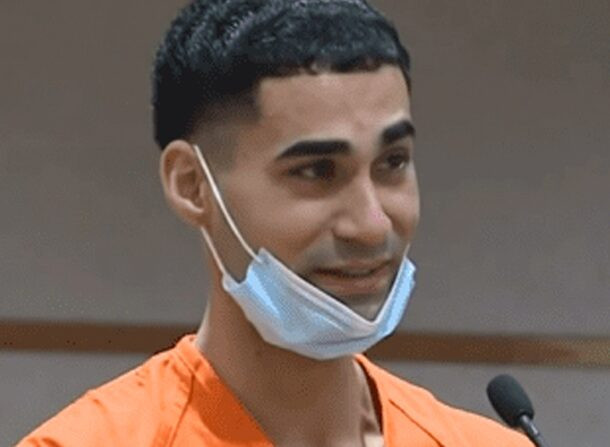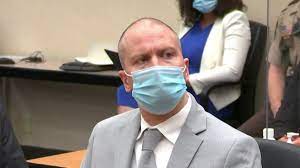President Donald Trump has escalated his ongoing feud with the American media, accusing news outlets of overwhelmingly negative coverage and labeling such reporting as “illegal.” His comments come amid a growing national debate over free speech following the sudden suspension of comedian Jimmy Kimmel’s late-night show by ABC.
Speaking to reporters in the Oval Office, Trump criticized television networks for distorting stories about his administration.
“They’ll take a great story and they’ll make it bad. See, I think it’s really illegal, personally,” the president said, reiterating his long-held claim that 97 percent of media coverage about him is unfavorable.
The 79-year-old Republican, who has filed several defamation lawsuits against major news organizations this year, also praised Federal Communications Commission (FCC) commissioner Brendan Carr. Carr recently sparked controversy after condemning Kimmel’s remarks about the assassination of conservative activist Charlie Kirk and warning broadcasters they could face sanctions if they continued airing Kimmel’s show.
Just hours after Carr’s warning, ABC announced the indefinite suspension of Kimmel’s program, igniting fierce debate around government overreach, censorship, and the limits of free expression.
Trump defended Carr, calling him “an incredible American patriot with courage.” However, some Republican allies expressed concern over the FCC’s approach. Texas Senator Ted Cruz warned that it is dangerous for government officials to control acceptable speech.
Comparing Carr’s threat to organized crime tactics, Cruz said:
“That’s right out of Goodfellas — like a mafioso coming into a bar and saying, ‘Nice bar you have here. It would be a shame if something happened to it.’”
This controversy unfolds as Trump continues his legal battles with the media. His campaign against what he calls “fake news” faced a setback when a federal judge dismissed his $15 billion defamation lawsuit against The New York Times, delivering a sharp rejection of his claims.
The ongoing clash between Trump, regulators, and the press highlights the increasingly tense relationship between politics, entertainment, and media freedom in the United States. Critics warn this latest showdown could set a concerning precedent for the future of free speech.




